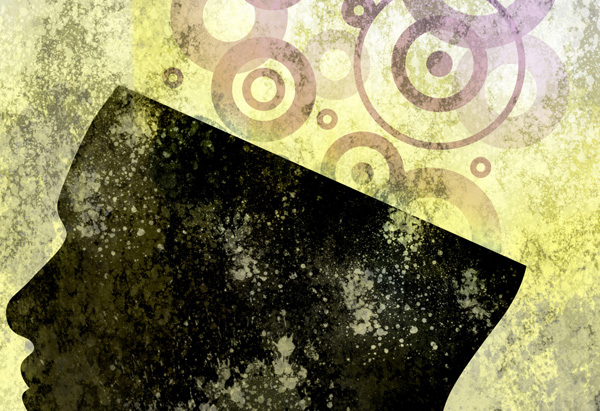
When Is Intuition Not Intuition?
The result? Our intellectual equipment has its flaws. For instance, we're more afraid of being killed by strangers (rough odds: one in 100,000) than by cars (one in 10,000) because our instinctive fears haven't caught up with the dangers of the 21st century. Another example: If you could have $100 right now or $120 a month from now, which would you choose? Most people select the immediate cash because our ancient impulses steer us toward short-term gratification over long-term benefit.
An additional blind spot arises from the nature of our memory, which can cause us to confuse related concepts. Try this exercise, adapted from Brain Bugs:
Answer the first two questions below aloud, and then blurt out the first thing that pops into your mind in response to sentence 3:
- What continent is Kenya in?
- What are the two opposing colors in the game of chess?
- Name any animal.
When an unexpected answer or impulse seems to burble up inside, it could be a great hunch—or it could be one of these mental glitches. By knowing the brain bugs most likely to trip you up, you'll be better equipped to tune them out.
Annie Murphy Paul's latest book is Origins: How the Nine Months Before Birth Shape the Rest of Our Lives (Free Press).
More on Understanding Intuition
- The science of intuition
- How to tune in to the voice within
- 5 women whose hunches changed—or saved—their lives
From the August 2011 issue of O, the Oprah Magazine.











